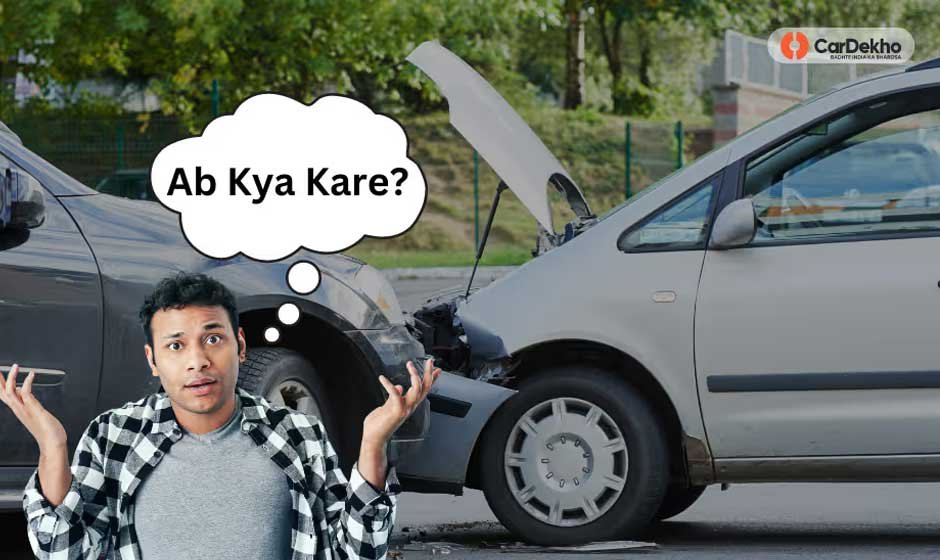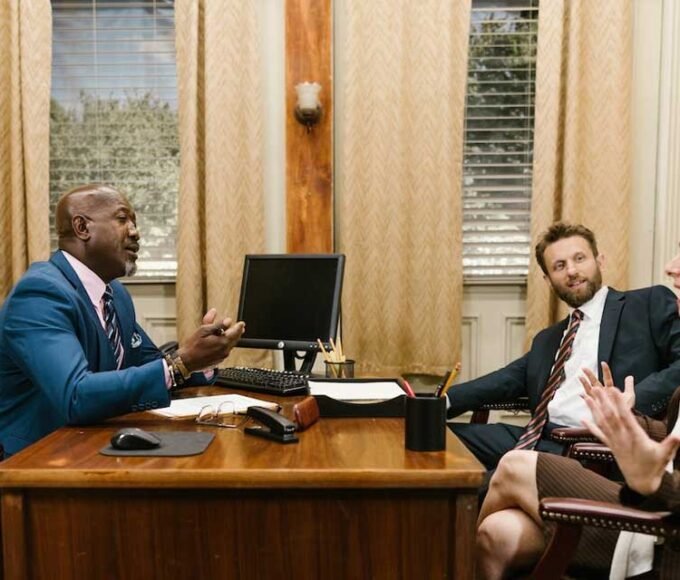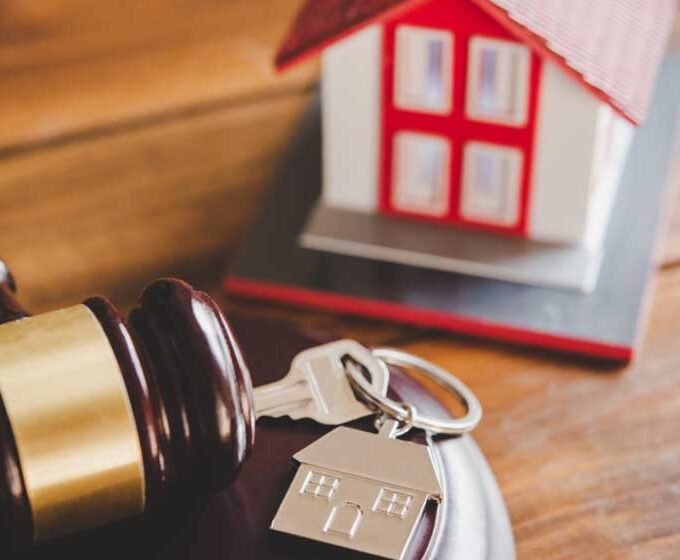A car accident can knock you off course. Beyond airbags and tow trucks, you’ll face paperwork, doctor visits, insurance discussions, and emotional recovery. This guide shows you each step—so you’ll know where to go next.
Keep Everyone Safe at the Scene
Your top priority is everyone’s safety.
Move to Safety
- If possible, drive to the shoulder or a nearby parking lot.
- Switch on hazard lights and place warning triangles or flares.
Check for Injuries
- Perform a quick head-to-toe check on yourself and passengers.
- Dial 911 if anyone is hurt, even if the injuries seem minor.
Notify Law Enforcement
- Most states require you to report crashes involving injuries, deaths, or significant property damage.
- An official police report can prove crucial later for insurance or legal claims.
Document Every Detail
Good documentation serves as your best protection when things settle down.
- Take Photos and Videos
- Vehicle damage from multiple angles
- Skid marks, road conditions, and traffic signs
- License plates, street names, and signal positions
- Exchange Information
- Names, phone numbers, and insurance details of all drivers
- Contact info for any eyewitnesses
- File the Official Report
- Notify law enforcement and obtain the report number at the scene
- Use that number to request a copy of a California Highway Patrol accident report online or through their records office
- Write It Down
- Time, date, weather, and lighting conditions
- A concise sequence of events while your memory is fresh
Get Checked by a Doctor—Even If You Think You’re OK
Some injuries, like neck strain or internal trauma, don’t present symptoms immediately.
- Visit an Urgent Care or Emergency Room
- Get a full checkup and document any findings
- Early medical records strengthen future injury claims
- Follow Up with Your Doctor
- Attend every scheduled appointment—skipping visits can weaken your case
- Request copies of tests, x-rays, and physician notes
Notify Your Insurance Company and Work with Them
Prompt notification is often required by your policy.
- Report the Accident
- Contact your insurer by phone or online as soon as possible
- Stick to the facts—avoid speculation or assigning blame
- Review Your Coverage
- Understand collision, comprehensive, and uninsured motorist protection
- Note your deductibles and rental car benefits
- Document All Correspondence
- Save emails, claim numbers, adjuster names, and phone-call summaries
- Obtain Repair Estimates
- Get two or three quotes from reputable auto body shops
- Share estimates with your adjuster to ensure fair repairs
Consider Legal Advice
If there’s serious injury or a dispute over fault, consulting an attorney can be wise.
- When to Contact a Lawyer
- Injuries require long-term treatment or rehabilitation
- Liability is contested or evidence of negligence exists
- Settlement offers are unreasonably low
- What to Expect
- Initial consultations are often free or low-cost
- Contingency-fee arrangements—no payment unless you recover damages
- Guidance on deadlines, such as statutes of limitations
Manage Repairs, Rentals, and Transportation
Getting back on the road smoothly takes planning.
- Vehicle Repairs
- Confirm the body shop’s timeline and keep your insurer updated
- Request before-and-after photos of the repair work
- Rental Cars and Alternative Transport
- Check if your policy covers a rental or consider pay-per-mile plans
- Use rideshares or public transit when feasible
Track Expenses and Lost Wages
A complete accounting of costs helps maximize your claim.
- Out-of-Pocket Costs
- Medical co-pays, prescriptions, and mileage to appointments
- Taxi, rideshare, or additional childcare expenses
- Lost Income
- Have your employer document missed days and lost wages
- Include lost overtime or bonus opportunities
Support Your Emotional Recovery
Crashes can trigger ongoing stress, anxiety, or even PTSD.
- Lean on Your Support Network
- Share feelings with friends, family, or support groups
- Consider Professional Help
- Therapists can teach coping strategies for accident-related anxiety
- Practice Self-Care
- Engage in light exercise, meditation, or journaling
Learn and Improve Your Driving Habits
Learning from the crash can help you drive more safely and confidently.
- Defensive Driving Courses
- Many insurers offer discounts for certified training
- Vehicle Safety Upgrades
- Backup cameras, blind-spot monitors, or adaptive headlights
- Emergency Preparedness
- Keep a charged phone, first-aid kit, and emergency contacts in your glove box
Finalize Your Claim and Move Forward
Once settlements arrive and repairs finish, tie up loose ends.
- Settle Medical Liens
- Ensure hospitals and providers have no outstanding balances
- Complete Necessary Paperwork
- Sign releases only when you’re confident no further costs will arise
- Reflect and Grow
- Apply lessons learned to drive more safely in the future
To Sum Up
Taking the road less traveled after an accident means stepping beyond initial shock to methodically manage your health, finances, and peace of mind. By following these clear steps—documenting details, coordinating with insurers, consulting legal help if needed, and prioritizing both physical and emotional recovery—you’ll be well-equipped to navigate the aftermath and emerge stronger on life’s highways.
















